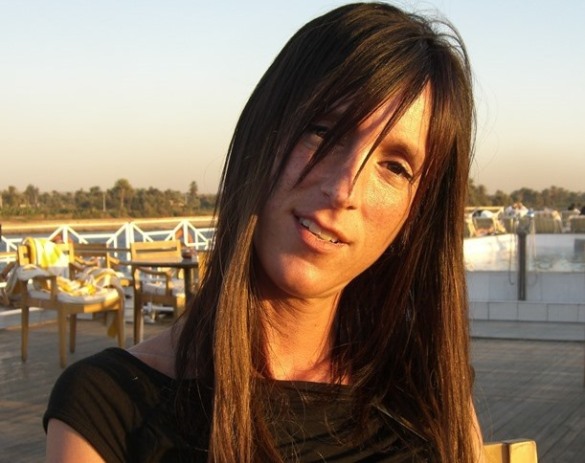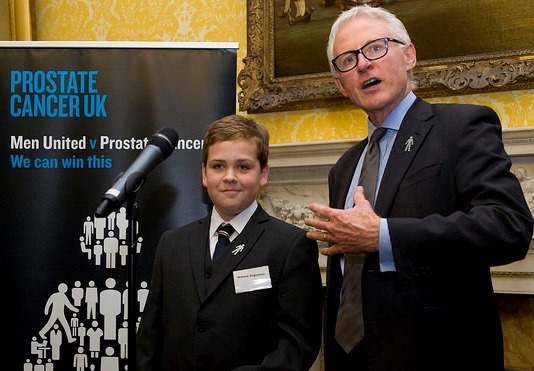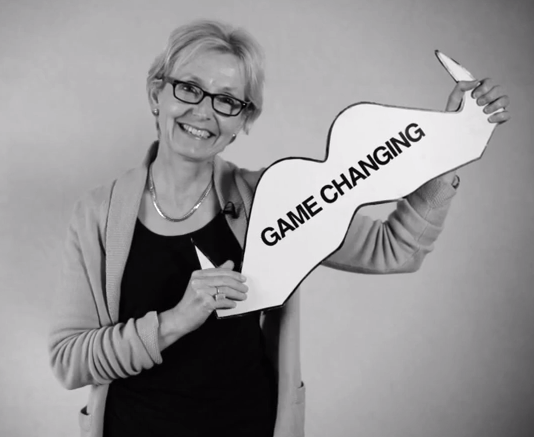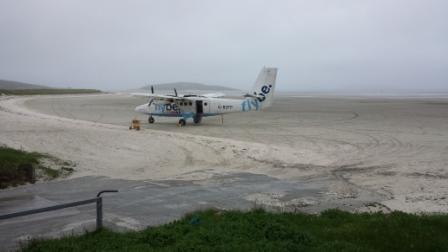Last week Deputy Prime Minister Nick Clegg and Health Minister Norman Lamb celebrated the work of our supporters in an event at Admiralty House. Karen Stalbow, Head of Policy and Strategy was there and reflects on what occasions like these achieve.
Karen: “Having politicians celebrating our successes is a somewhat rare and glorious thing. That one of them was the Deputy Prime Minister (and our Patron) and the other the health minister, Norman Lamb gave the celebration a whole other level of gravitas. That we got to be in Admiralty House at their invitation was the icing on the cake.
“And they were right to celebrate. Not just because we’re an organisation that has lifted prostate cancer from obscurity and united hundreds of thousands of men to beat it. And not just because our research programmes drive progress, or because our campaigning delivers change for men and our services support them through difficult treatment choices and side-effects. They were right to celebrate because the audience these ministers addressed was made up of the people who have helped to drive our successes.
“And who are these people? Politicians? No. Celebrities? No, not them either. Magnates from the corporate world? Again, no. So who are these people? Who did Nick Clegg and Norman Lamb address?
“They’re our supporters. They’re people like twelve-year-old William Kilgannon who collected 10,000 pennies for us. His father, Brian who did everything he could to support our award winning partnership with the team he’s supported all his life, Millwall Football Club. Or Nigel Lewis-Baker MBE, our captain of ‘raise awareness in drag’ events, which get men talking about the disease. ‘When men are in dresses,’ he told me, ‘they really open up and talk freely about prostate cancer.’ A lesson I think for us all. Or Errol McKellar, a car mechanic from Hackney who offers men discounts on an MOT at his garage if they will go and speak to their doctor about their prostate cancer risk.
“The list of unsung heroes goes on. There are the men with prostate cancer who regularly campaign with us and who, by doing so and lobbying their MPs in Parliament, ensured that prostate cancer was finally included within the Government’s ‘Be Clear on Cancer’ awareness programme. Then there are the individuals who have got the shadow Health Minister, Andy Burnham, active about prostate cancer. There are the awareness raisers, who give their time to speak to groups of men about the disease. These are the people we should be celebrating. And these are just a handful of the amazing dedicated individuals who have taken, and continue to take action to beat prostate cancer.
“We welcome their current unshaven appearance – often frowned upon in the presence of senior politicians – but crucial to Movember, generating millions of pounds for men with prostate cancer.
“But I want to end with a thought for the day – an insight that this event has given me. And this is it: It’s not often that our day-to-day activities allow us time to reflect. And why this thought? Because having the time to listen to the speeches given by Nick Clegg, Norman Lamb and our Chief Executive, Owen Sharp I was able to see just how far as an organisation we have come. By speaking to our supporters, I could recognise and appreciate how much they do. And so I think we should continue to use events like these to pause, reflect, value and celebrate everything which, as Men United against prostate cancer, we have achieved.
“And then we should quickly get back to the day-to-day because while we’ve achieved a lot, there’s no space for complacency. We all have much more to do.”









